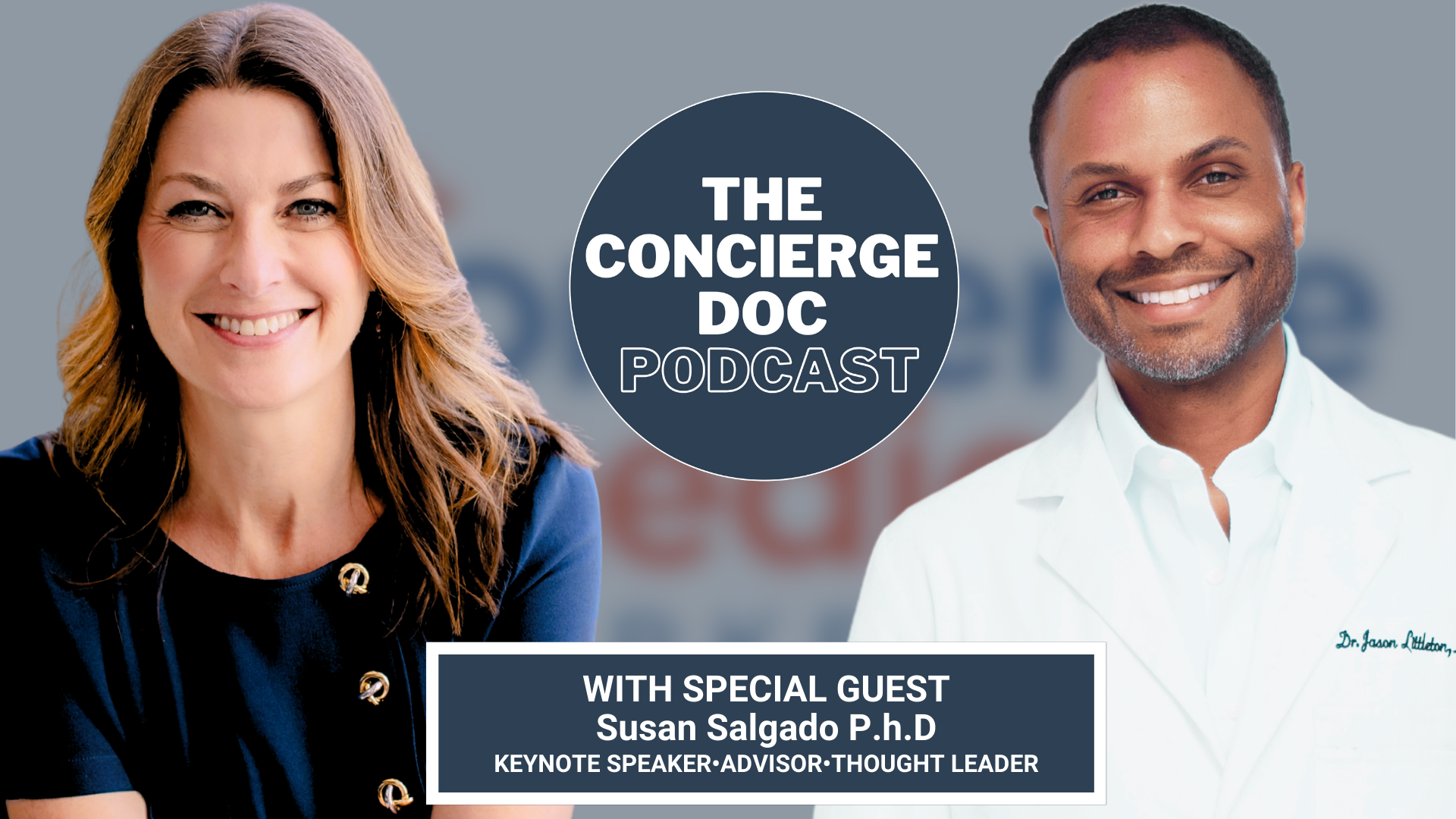There’s so much information floating around about what’s healthy and what’s not when it comes to our eating habits. Some of it’s reliable, but a lot of it isn’t. Not to mention all the marketing for food products and fad diets. It’s not hard to get completely confused, overwhelmed, and overly bogged down in details about nutrition and healthy eating.
But things really aren’t as complicated as they seem. It’s not hard to make smart choices and avoid bad ones. To help simplify it all, just follow the below tips for eating healthy, and you can be confident that you’re doing the right things for yourself and your family.
Tips for Eating Healthy
- Choose whole foods over processed foods. That simply means eating stuff that’s found in nature, as close as possible to its natural form. And it means skipping packaged stuff made in a factory as much as possible. This is the one healthy eating tip with the biggest potential impact on your health, energy, mood, and longevity.
- Make fruit and/or vegetables half of each meal. It’s not hard. The dietary fiber is satisfying, it delivers lots of other important nutrients, and they’re low-calorie (and help prevent overindulging in higher-calorie foods).
- Buy different colored produce. Fruits, vegetables, herbs, and spices get their coloration from their antioxidants and other healthy compounds. Just by eating a variety of colors, you ensure you get a variety of nutrients.
- Get protein from seafood, skinless poultry, legumes, and nuts. These are healthy sources of protein, as well as other key nutrients. Favor these over red meat like beef, pork, and lamb, which are higher in saturated fat.
- Swap out refined grains and swap in whole grains. Skip the white bread, other white flour products, and white rice. Opt for whole wheat bread, whole grain baked goods, and brown rice instead. Oats, corn, quinoa, barley, farro, bulgur, and spelt are some other whole grains.
- Drink a glass of water with each meal and a glass between each meal. Staying well hydrated is crucial to good health, energy, and good digestive function. This simple habit makes it easy to keep up with your fluid intake.
- Limit your sugar intake. Avoid foods with added sugar; natural sugar content, like that found in fruit in significant quantities, is OK. Sugar has lots of negative health effects, and most Americans eat way, way too much of it. Take a look at these tips for cutting your sugar consumption.
- Stay away from high-sodium foods. If you’re eating whole foods rather than processed, you should be doing well in this respect. Still, even whole grain products can have lots of salt. Also, while a pinch of salt is great for flavoring, don’t shake a whole bunch onto your food.
- Go organic as much as you can. Yes, it’s a little more expensive. At the very least, buy organic produce that doesn’t have a thick rind that you remove. While there’s some contradictory science on this topic, it’s not going out on a limb to suggest that we should avoid eating chemicals with toxic properties whenever we can.
- Pay attention to your body’s hunger cues. If you do, you’ll eat when you’re hungry and not eat/stop when you’re satisfied. This is essential to eating healthy food quantities. Eat slowly so your body has time to recognize when it’s satisfied—and remember that the goal of eating is to no longer be hungry… not to be stuffed.
In healthcare, technical skill is only part of the equation....
Family life is full of moving pieces, school drop-offs, late-night...
What if your medical practice had a marketing assistant trained...
In healthcare, technical skill is only part of the equation....
Family life is full of moving pieces, school drop-offs, late-night...



